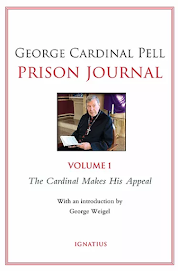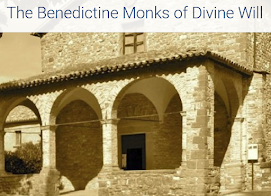The End of Identity Politics |
That
title suggests both the place where identity politics will end up—in
the slaughter of other identity groups—and (hopefully) the beginning of
the end of this chapter in political history. It’s no secret that the
New Zealand terrorist (who will deliberately go unnamed) was driven in
large part by identity politics. In his case, he was trying to protect
his white Christian identity. Other cases across the globe have seen
actors violently defend their identity as Muslims or Hindus or French or
black or gendered or whatever identity. Many are having an increasingly
hard time seeing how this—identity politics—is furthering the human
project. This edition of the GR is, for better or worse, a selection of
the articles I have found most interesting and/or persuasive lately on
this one theme.
“No Hate Left Behind” is by New York Times
columnist Thomas Edsall (HT to GR reader Eric H). Edsall marshals a
great deal of contemporary research that shows how “we” (however we
define ourselves) find “them” not just mistaken but actually evil and
worthy of, well, extermination.
In “A Perpetual War of Identities, ” Frank Furedi (author of How Fear Works: the Culture of Fear in the 21st Century—one
of many books on my to-read pile) argues that “Identity politics is
divisive, destructive and anti-human. It must be confronted.”
“Moral Zealotry and the Seductive Nature of Evil” in Quillete
reminds us that evil is rarely done in the name of evil but only by
people who believe they are doing good. Like defending the rights of
their class, party, identity, race, religion, or whatever.
In “Against Identity Politics: The New Tribalism and the Crisis of Democracy”
Francis Fukuyama, one of the most insightful political scientists (in
my view, anyway. I’ve pointed to him before), describes the
psychological attraction of identity politics—the yearning for dignity.
He concludes: “People will never stop thinking about themselves and
their societies in identity terms. But people’s identities are neither
fixed nor necessarily given by birth. Identity can be used to divide,
but it can also be used to unify. That, in the end, will be the remedy
for the populist politics of the present.”
What
will unify a multicultural nation, of course, cannot be identity
politics as it is presently conceived. It has to transcend the
numerically smaller identities of which our nation is made, toward an
identity that can bring us together. In the church, that unifying force
is a person, Jesus Christ, who insists that all our favored identities
(even our blood families!) must be “hated” (Luke 14:26) so that he can
be properly loved; only in this way can the genuine unity of humankind
can be found (Gal 3:16). But what can bring us together as nations—that
is the challenge of the 21st century.
Step One: Repentance
What I like especially about “Moral Zealotry and the Seductive Nature of Evil” above was this line in particular:
That insight goes hand in hand with a piece by Hans Boersma
whose theme is: “Repentance depends on memory. Thus, memorization is a
Lenten practice, a repentant turning back to the memory of God. The link
between memory and character formation was recognized long ago.” Thus
we are prompted not only to a new spiritual discipline—memorization of
Scripture especially—but to the core spiritual practice of repentance.
(In my case, having hostile feelings toward identity politics
extremists!)
Grace and peace,
|
 | 
Mark Galli
Editor-in-Chief, Christianity Today |





















No comments:
Post a Comment